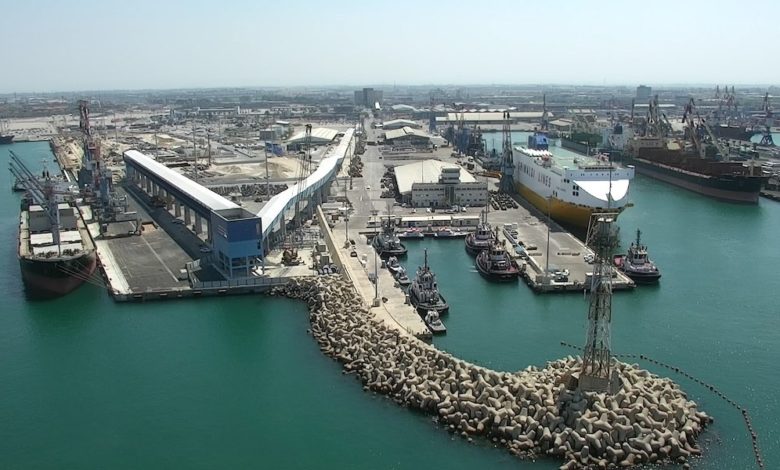An ocean of opportunities

Orna Hozman-Bechor, chair of the Ashdod port board of directors, on how Israel is trying to position itself as a maritime technology superpower.
The Covid-19 pandemic introduced dramatic changes in the arena of international trade. Examples include the Ever Given container ship which ran aground in the Suez Canal some months ago, exposing the degree to which world trade is dependent on unhindered and organized maritime movement.
World trends also manifested relative to Israel. Closure of air routes due to the pandemic’s outbreak and the drastically diminished number of daily passenger flights which inherently freighted cargo led to increased use of maritime options: Israel saw 3,049,000 containers freighted in 2020.
The pandemic’s impact led to significant challenges that the world is still seeking to address. One is the “empty container” problem caused when there is a global operational imbalance between eastern and western countries. Unidirectional trade of this kind creates a situation where freight ships offload imports at the target destination, but there are not enough goods to refill them for their return to country of origin. As a result, we see western seaports becoming “parking lots” for empty containers whereas in the east, there is a tremendous need of containers to fill with goods. This imbalance caused a spike of hundreds of percentages in maritime freightage costs.
Another evident challenge induced by the pandemic is the difficulty in planning sea vessel routes and container offloads each time the virus breaks out in a different region around the world and is accompanied by quarantines and shutdowns. This phenomenon is the primary cause of the huge traffic jam that required ships to alter their routes in order to adapt to the spate of ongoing changes. The IAPH (International Association of Ports and Harbors actually described the influence of Covid-19 on the world of shipping as a more dramatic event than WWII.
One solution, familiar and available, and which addresses the challenges noted above as well as others, is massive recruitment of human resources. The simple principle guiding ports the world over is that the greater the number of workers involved in port activities, the more successful ports and freight companies will be at coping with this period of shifts and loads. Understanding the challenges, though, inherently means concluding that an increase in human resources, as important as that is per se, can only provide a partial solution to the increasing stress felt by the world’s sea ports.
As such, the difficulties in maritime transportation caused by the pandemic can also be viewed as an opportunity. We, the Start-Up Nation, must direct attention and resources to developing local Blue-Tech (Maritime Technologies). Creating an infrastructure of technological startups and companies to provide advanced solutions in this hottest of markets can not only resolve several of the greatest difficulties faced by Israel’s own sea ports, such as reducing wait times and streamlining dockside activities, but simultaneously provide significant economic value to the country.
An example of blue-tech promotion is the move taken by Ashdod Port when it established a technological incubator for startups in maritime fields. Currently over 40 companies are active within the port’s domain and enjoy direct access to port facilities. We are already witnessing capabilities that make daily port activities more efficient and increase outputs by assimilating some of these solutions which do not replace existing frameworks but are integrated with them, along with a larger number of experienced hands at work at the ports.
Taken together, the obvious conclusion is that if Israel is interested in exiting the Covid-19 crisis not only at the level of human health but economically, it must be alert to changes and trends at the global level vis-à-vis maritime trade, and direct resources that would make Israel a maritime technology superpower by scooping up an ocean of new opportunities.
